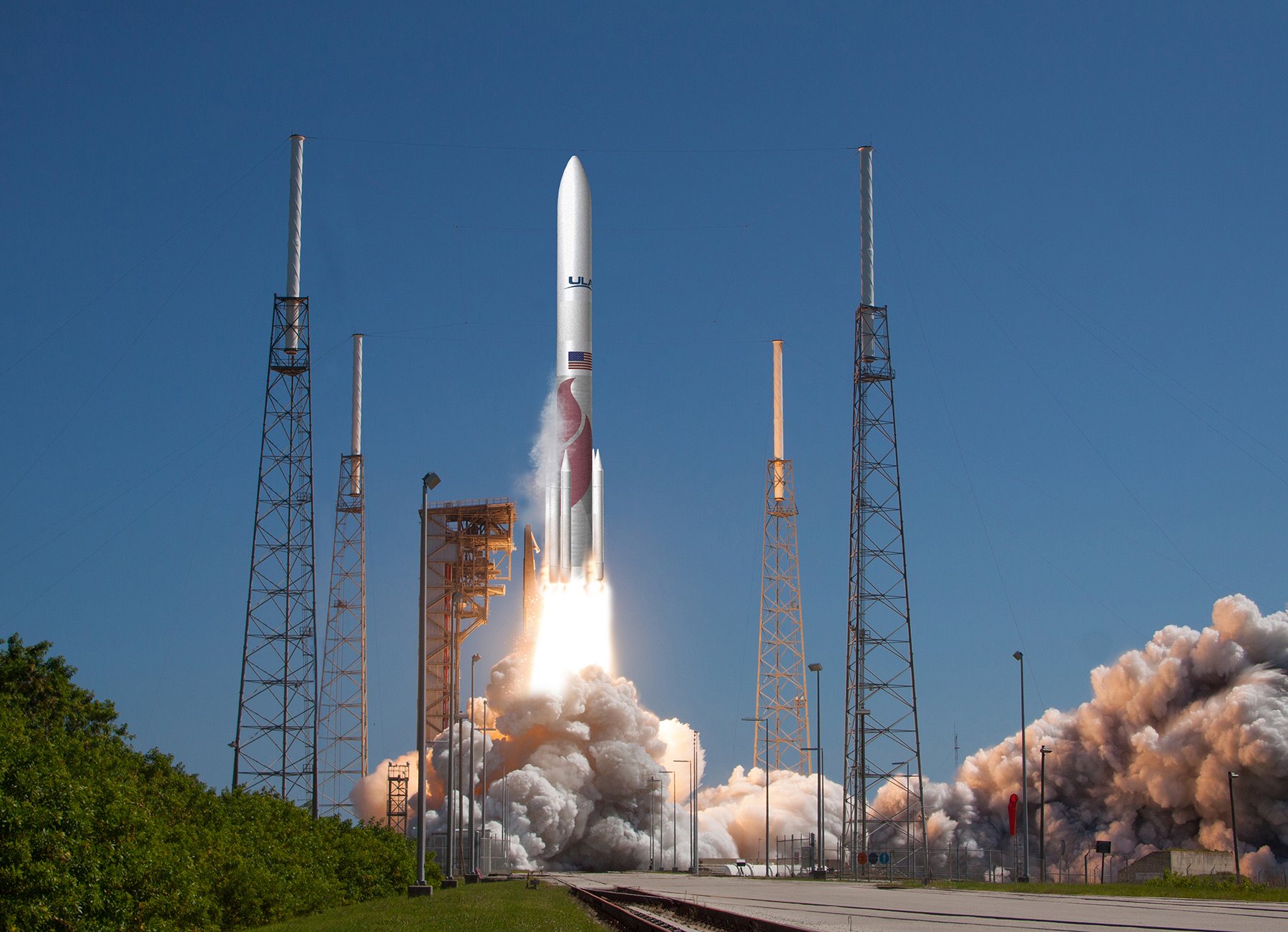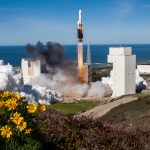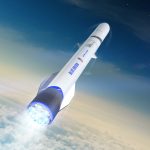On Friday afternoon, the US Air Force answered one of the big questions that had been hanging over the US launch industry for more than a year: which two companies will be selected to compete for national security launch contracts from 2022 to 2026?
During a video call with reporters, William Roper, assistant secretary of the Air Force for acquisition, technology and logistics, said that United Launch Alliance will receive approximately 60 percent of the launch orders and SpaceX will receive the other 40 percent. Two other bidders, Northrop Grumman with its Omega rocket, and Blue Origin with its New Glenn vehicle, will not receive awards.
"The ability to meet our technical factors to do the mission is the most important thing," Roper said, in response to a question on the Air Force criteria. Secondary factors included past performance, the ability to work with small businesses, and total evaluated price. The military has nine reference orbits for large and complex payloads that these rockets must meet.
United Launch Alliance
Long the military's sole provider for national security launches, United Launch Alliance (ULA) has had to adapt to compete for this new round of awards. Specifically, Congress prohibited the military from procuring the Russian-made RD-180 rocket engine after 2022. This engine powers ULA's most cost-efficient rocket, the Atlas V booster.
For this reason, ULA has been developing a new booster, Vulcan-Centaur, that can meet Air Force needs while using a US-based propulsion system. The rocket's first stage will be powered by the BE-4 engine, which has been developed and will be manufactured by Blue Origin.
Although this rocket may make its debut in 2021, that is not certain, as technical problems almost invariably crop up during the development of new launch systems. Roper said the company will be able to continue to use the Atlas V booster until Vulcan is ready, as the congressional law only prohibits the purchase of new engines, rather than their use. A dozen of these engines are available.
"I am very confident with the selection that we have made today," Roper said. "We have a very low risk path to get off the RD-180 engines on time and to not have to dip into that surplus that we have available."





 Loading comments...
Loading comments...
